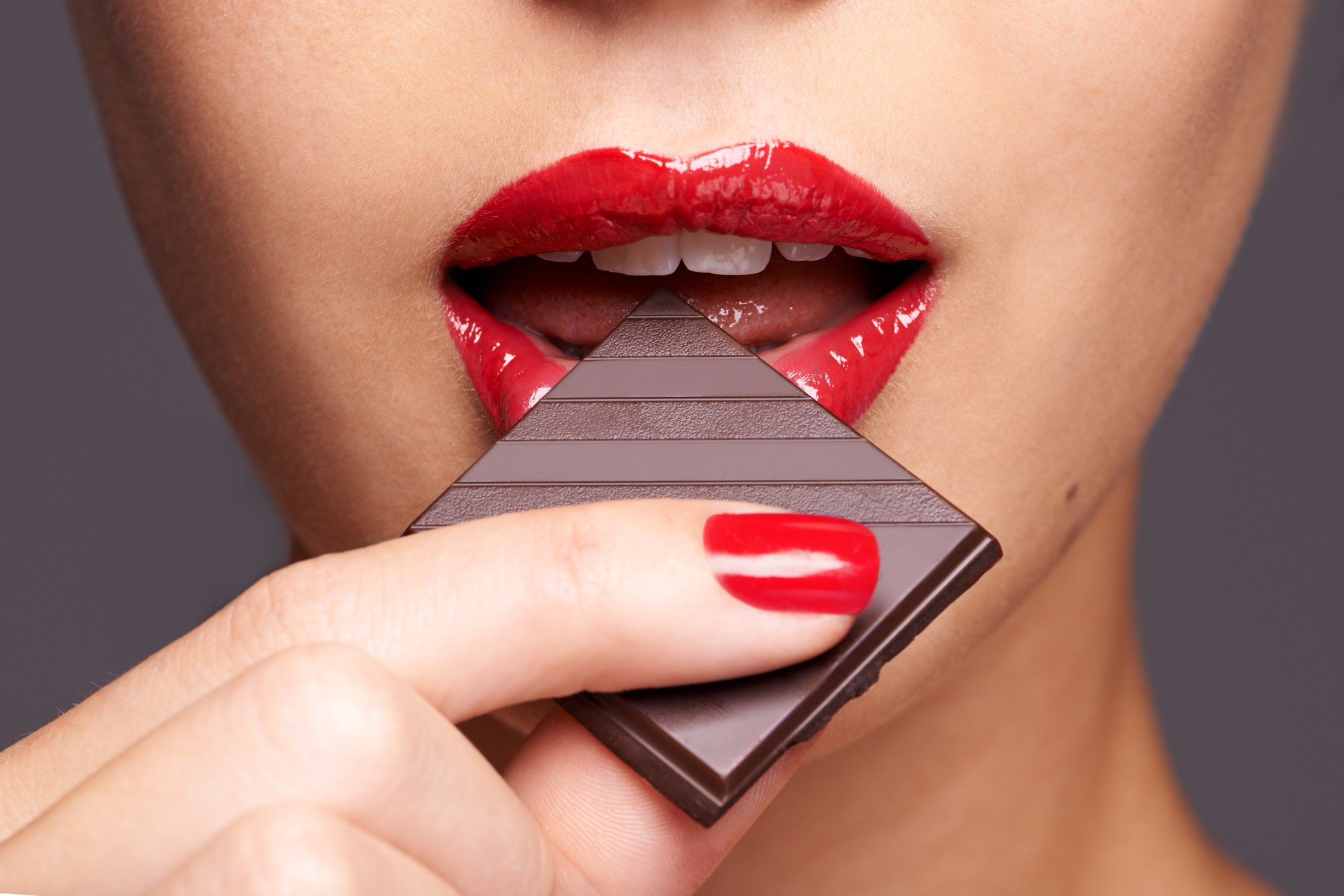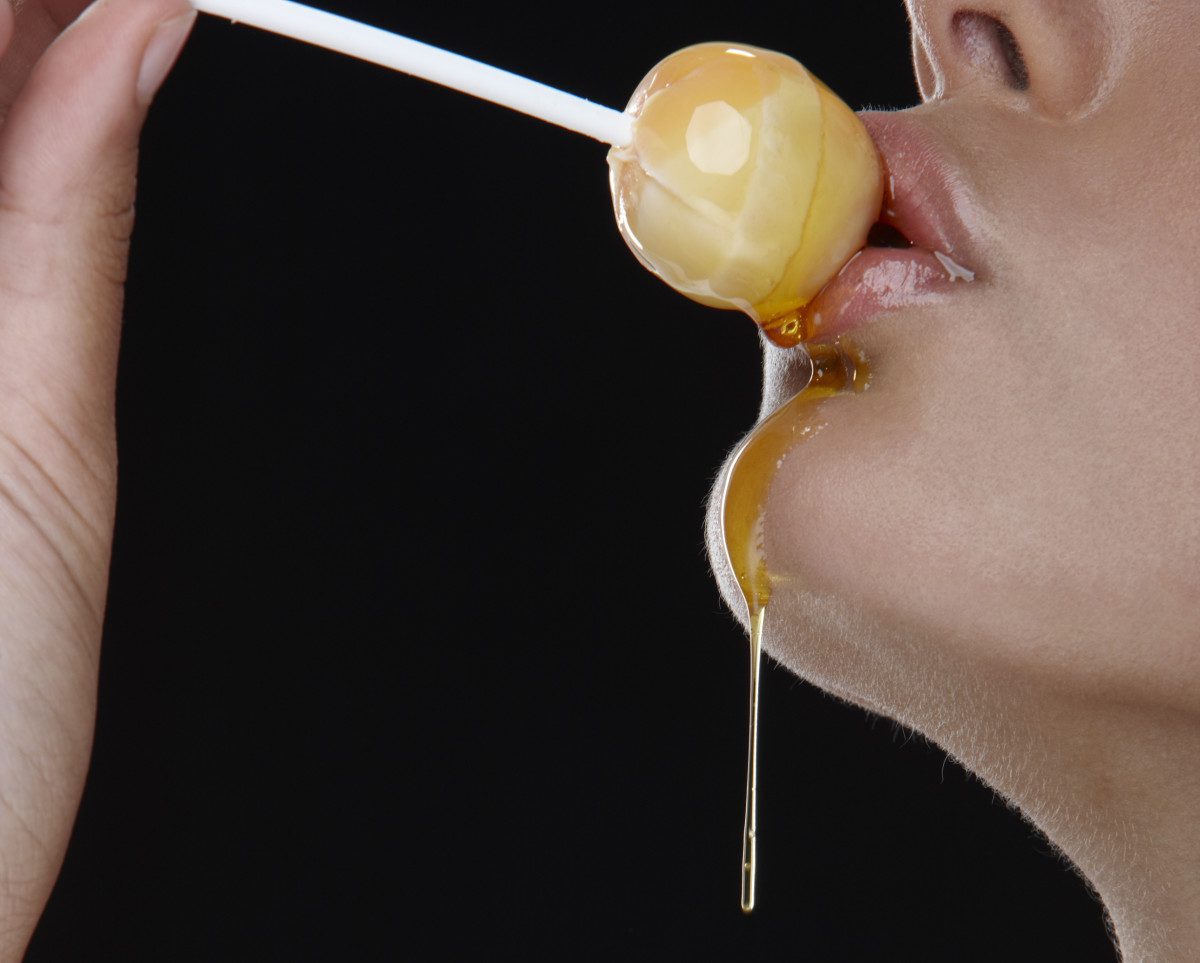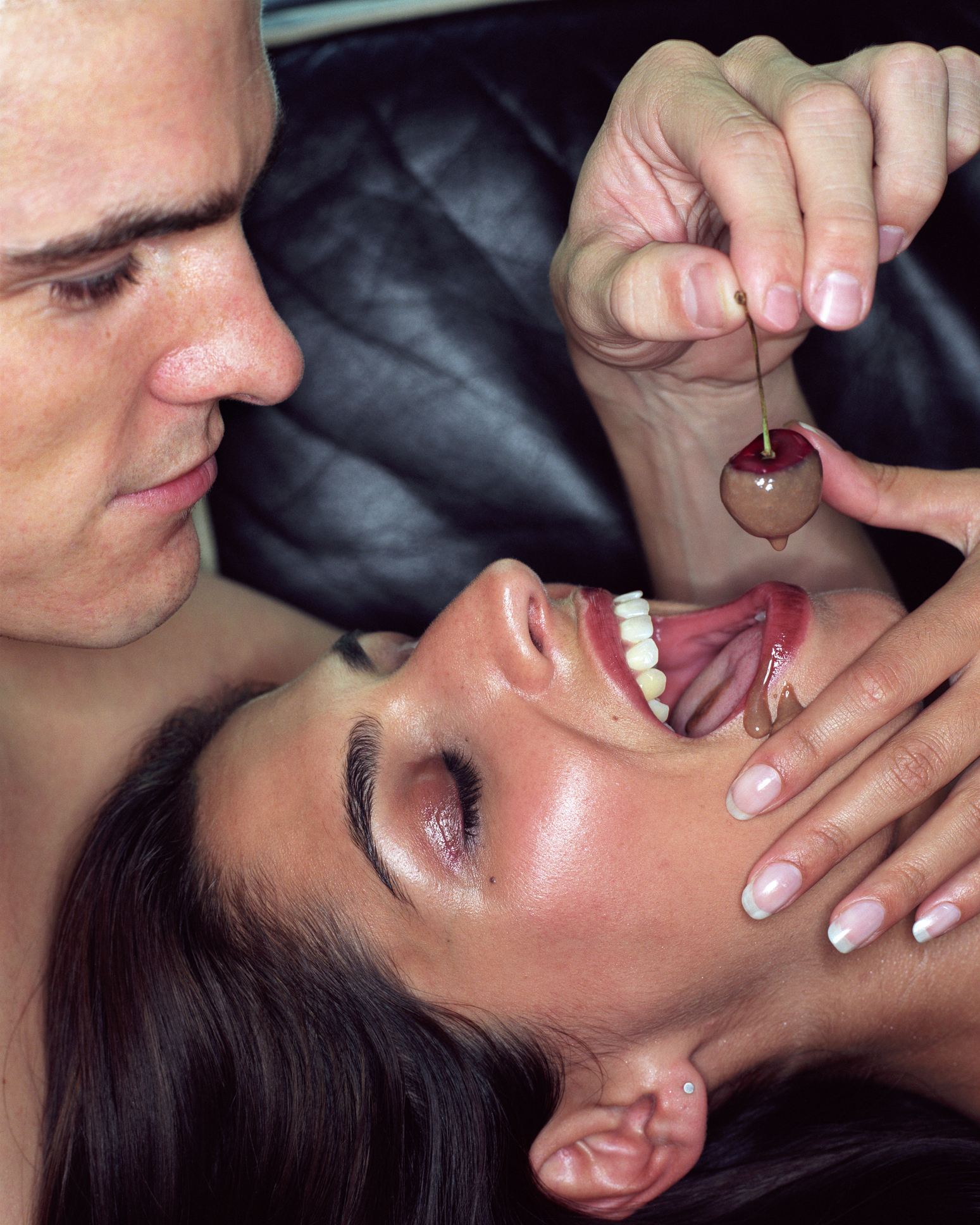These Are The Best Aphrodisiacs, According to Science
Time to update that grocery list.


We all know the common aphrodisiacs: Oysters, chocolate, stimulating herbs…you know, the usual suspects. But not all “aphrodisiacs” actually work, despite being endlessly hyped as enhancing the libido.
To point out which of these do and don’t work for better results between the sheets, sexpert Dr. Justin Lehmiller kindly elaborated on some recent research published in the journal Sexual Medicine Reviews, where a team of researchers analyzed scientific literature on some of the most well-known aphrodisiacs.
So, here’s what science has to say about some of the most common aphrodisiacs thought to make you hornier, harder, and better in bed.

Oysters
When we think of aphrodisiacs, most of us automatically think of oysters…but are they actually an aphrodisiac?
Well, it’s well known that oysters “contain nutrients like zinc and certain amino acids that are thought to affect hormone and neurotransmitter production in ways that might boost sexual desire,” Lehmiller says, but here’s the thing — the authors of the study didn’t find any conclusive evidence on whether or not oysters can actually enhance sex. They wrote: “There are no RCT [randomized controlled trial] data to confirm that oysters have any beneficial effects on sexual responsivity or satisfaction.”
In layman’s terms, this means that we honestly don’t know if oysters do anything for our sex lives, but in the same respect, we can’t say that they don’t do anything, either. More research needs to be done to know for sure, but in the meantime, there’s no harm in chowing down on some oysters just for the hell of it.
Final scientific verdict: Possibly an aphrodisiac, possibly not. But they sure taste good.
Ginkgo biloba
Lots of people use gingko biloba to promote circulation — particularly in the brain — and improve cognitive performance. Others, however, use it to give their sex drive a little kick since it boosts circulation throughout the body and increases blood flow to tissues, including those in your naughty bits.
The research revealed that unlike oysters, gingko biloba actually does boost libido, which means yes, it is a scientifically-proven aphrodisiac. Yay!
To get into specifics, a 2011 study found that ginkgo extract increased dopamine levels in rats and gave them boners, and since we share 99 percent of our genes with rats, it means gingko does the same for humans, too.
Final scientific verdict: Yes!
Honey
Fun fact: Honey was thought to be such a powerful aphrodisiac in the 5th century that newlywed couples would drink fermented honey, or mead, every day until the new moon, hence the term “honeymoon.”
But does honey do anything? The researchers don’t think so. “There are no data to support its use as an aphrodisiac,” they write, invalidating centuries of lore. However, as with oysters, researchers can’t say that it’s not not an aphrodisiac, either!
Here’s some evidence to support that it is, though: Honey contains high amounts of boron, which is a mineral that regulates estrogen and testosterone, both of which are super important for increasing libido. Furthermore, honey also boosts energy levels, which is always a plus for having lots of sex.
Final scientific verdict: Probably not.

Ginseng
According to the literature review, Panax ginseng, or Korean or red ginseng, is actually the aphrodisiac with the most scientific evidence behind it, meaning it’s 100 percent a clinically proven dick stimulant.
Seven separate double-blind, placebo-controlled studies, including a 2013 South Korean study, found that taking ginseng for just a few weeks helped men last significantly longer in bed and seriously improved their overall performance.
Plus, further research discovered that ginseng also boosts testosterone levels and circulation, and makes hard-ons extra hard.
“Ginseng is a promising herbal therapy for ED because it helps promote relaxation of smooth muscle in the penis, increase dopamine levels in the brain, and increase pressure in the cavernosal nerves of the penis which helps nitric oxide synthesis,” explains Dr. Charles Walker, an assistant professor of urology at Yale University, in one of the studies.
Final scientific verdict: Absolutely an aphrodisiac.
Chocolate
Whenever food becomes a part of sex, it’s almost always chocolate. Why? Because it tastes amazing, it’s sweet, and i also thought to increase serotonin levels in the brain thereby causing a sexy aphrodisiac effect.
However, researchers beg to differ. Current data suggests that chocolate has absolutely no effect on sexual function, which means it is not a scientifically-proven aphrodisiac. Sorry, guys. I’m bummed about this one as much as you are.
But wait! Even though past scientific literature can’t claim chocolate does anything for you below the belt, here’s some evidence that suggests otherwise: Dark chocolate contains phenylethylamine, which is a nervous system stimulant that’s released when you’re in love, and also acts similarly to the endorphins released during sex. So, even though science can’t tout chocolate as an aphrodisiac, it can prove that it makes you feel happy.
Final scientific verdict: No. But it does make you feel good.

Maca
Similar to ginseng, maca is a root herb that grows in the Andes, and evaluation of previous studies proves that maca does, indeed, make you hornier. Numerous studies confirm that just three grams of the root per day boosts the sex drive of men, and increases sperm count and improves fertility.
Final scientific verdict: Yes!
H/T: Lehmiller
